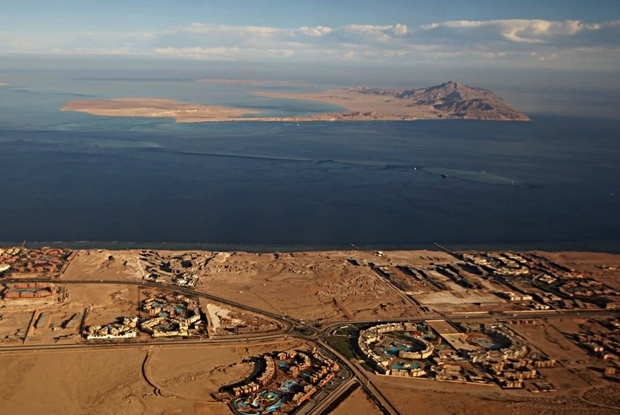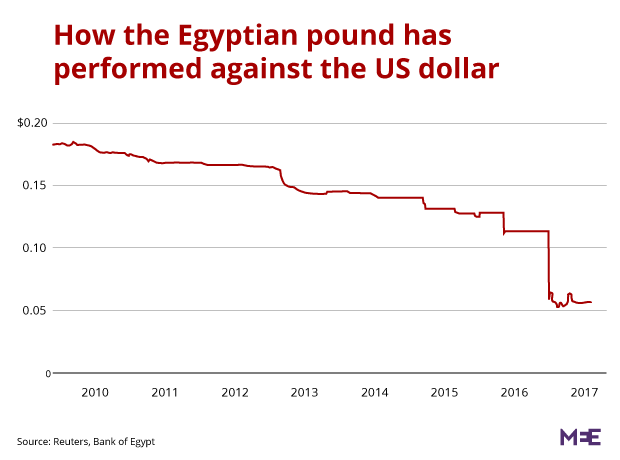Egypt court rules against Red Sea islands transfer to Saudi Arabia

An Egyptian administrative court on Tuesday ruled that previous judicial decisions in favour of transferring two Red Sea islands to Saudi Arabia were invalid, a judicial official and a lawyer said.
"The ruling (on Tuesday) signifies that the land is Egyptian," said Khaled Ali, a lawyer who argued in the administrative court that the islands belonged to Egypt.
The verdict would affirm that any attempt to transfer the islands would be considered unconstitutional "even if the president ratified the agreement", Ali said.
Egyptian courts have issued contradictory rulings since Cairo signed a controversial deal with Saudi Arabia in April 2016 to transfer the islands to Riyadh.
The government says the two islands, Tiran and Sanafir, belong to Saudi Arabia, but had been leased to Egypt in the 1950s.
Last Wednesday, parliament approved their controversial transfer, which sparked countrywide protests.
The move has enraged Egyptians who see the deal as a concession to the kingdom in exchange for continued political and financial support for the government.
Opponents of the deal say the government is willing to hand over the islands in exchange for funds from the oil-rich kingdom.
"Now the ball is in the president's court," Ali said.
The president has yet to ratify the transfer deal.
Lying at the mouth of the Gulf of Aqaba, the islands can be used to control access to the Israeli port of Eilat.
They were captured by Israel in the 1967 Middle East war before being returned to Egypt under the 1979 Camp David Accords.
Egypt's president Abdel Fattah al-Sisi went ahead with the deal even though it threatened to dent his popularity, and at a time when the government, which is grappling with austerity reforms that have fuelled inflation, is wary of protests.
Meanwhile, Egypt moved to more than double its monthly food subsidies to Egyptian citizens, to 50 pounds per person from 21 pounds now, Sisi said on Tuesday.
Egypt has been hit by soaring inflation since it floated its pound currency in November, leading it to halve in value, and has said it plans to shield its poorest citizens from the effects of austerity measures aimed at reforming its economy.
According to an earlier Middle East Eye report, the inflation rate reached 44 percent for edible goods in April.
Dramatic price spikes have occurred in the country since the government floated the Egyptian pound last year in November as part of a reform package for a $12bn loan from the International Monetary Fund.
As a result, ordinary Egyptians are suffering from a severe economic crisis.
"The current crisis is quite dire," Amr Adly, an economist and visiting scholar at Carnegie Middle East Center, told MEE in May.
"The inflation rates, including the official ones, are the highest since the late 1980s and the recession has extended for five or six years now. This is the worst economic crisis to face this generation of Egyptians, I can tell."
The Egyptian pound, which during its heyday was traded at 8.8 per dollar, has weakened to more than 18 pounds.
New MEE newsletter: Jerusalem Dispatch
Sign up to get the latest insights and analysis on Israel-Palestine, alongside Turkey Unpacked and other MEE newsletters
Middle East Eye delivers independent and unrivalled coverage and analysis of the Middle East, North Africa and beyond. To learn more about republishing this content and the associated fees, please fill out this form. More about MEE can be found here.





